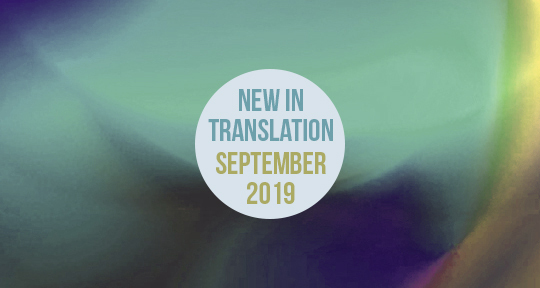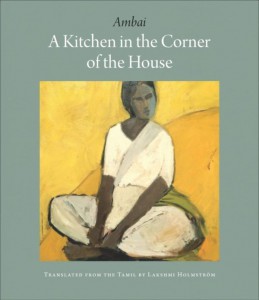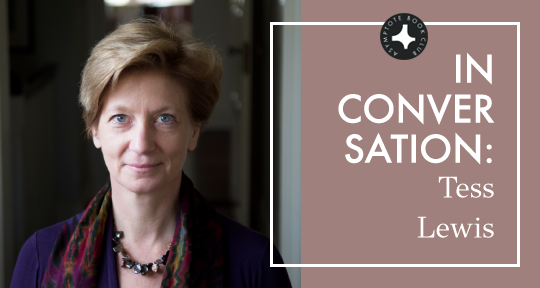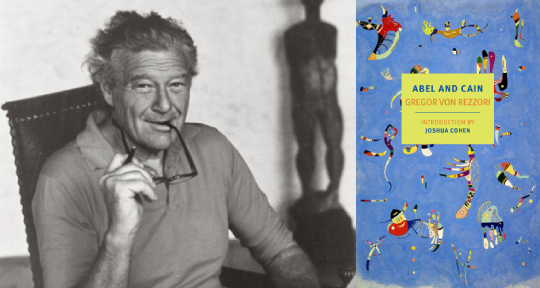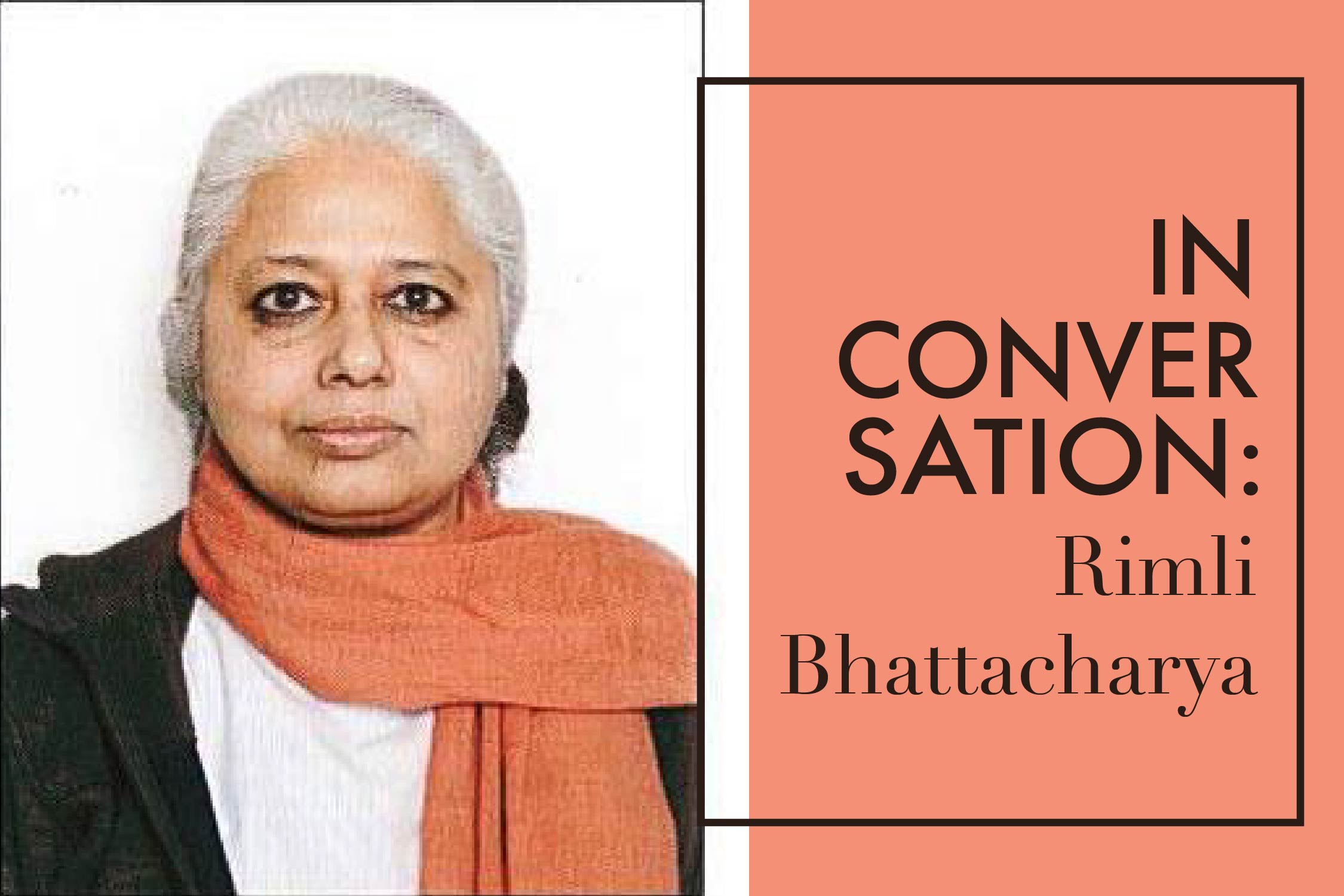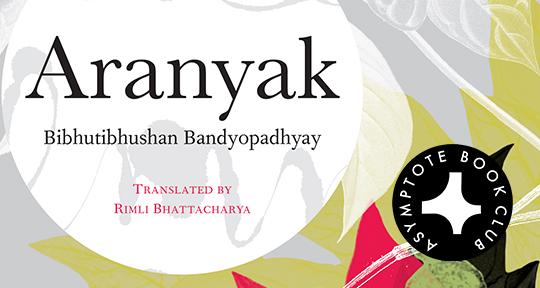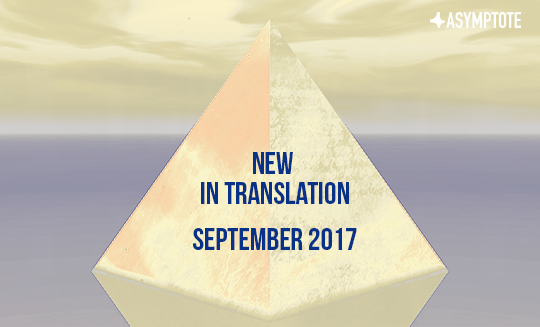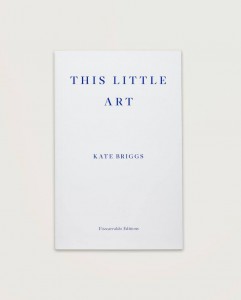It is another month bringing us various gifts in the form of translated literatures, and our editors have selected the finest. Read below to find reviews of a short story collection detailing the various and complex natures of India, a haunting and poignant Swedish novel, unsettling tales from Israel, and a poignantly feminist work from Palestine.
A Kitchen in the Corner of the House by Ambai (C.S. Lakshmi), translated from the Tamil by Lakshmi Holmström, Archipelago Books, 2019
Review by Ben Dreith, Assistant Editor
C.S. Lakshmi, who writes in English and Tamil under the pseudonym Ambai, is a scion of post-revolutionary Indian feminism and women’s studies researcher who was raised and educated in Mumbai, Bangalore, and New Delhi. Of her work, the most recent to appear in English is A Kitchen in the Corner of the House, a mellifluous and courageous work translated by Lakshmi Holström, a dedicated scholar who passed away in 2016. She will be missed, and her efforts, evident in the enduring legacy and themes of A Kitchen in the Corner of the House, may inform the concerns of Indian feminism in the English-speaking world for generations.
The book is a collection of stories, told from multiple voices and perspectives, which centers on the travails and aspirations of women across a broad socio-economic and linguistic spectrum. The voices in A Kitchen in the Corner of the House reflect the varied cultural expectations and norms that simultaneously thrive and jostle for distinction within the Indian nation, which can be too easily regarded as a seamless whole by outside observers. What unites the characters in the stories, though, is a keen sense of subjective solidarity amongst women who are draped in desperation—and hope.

